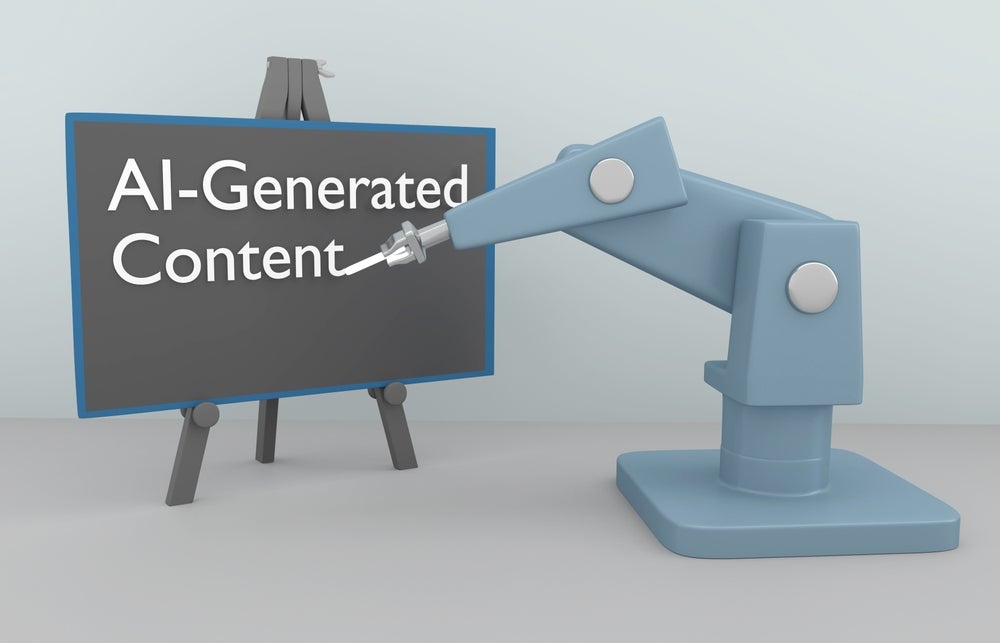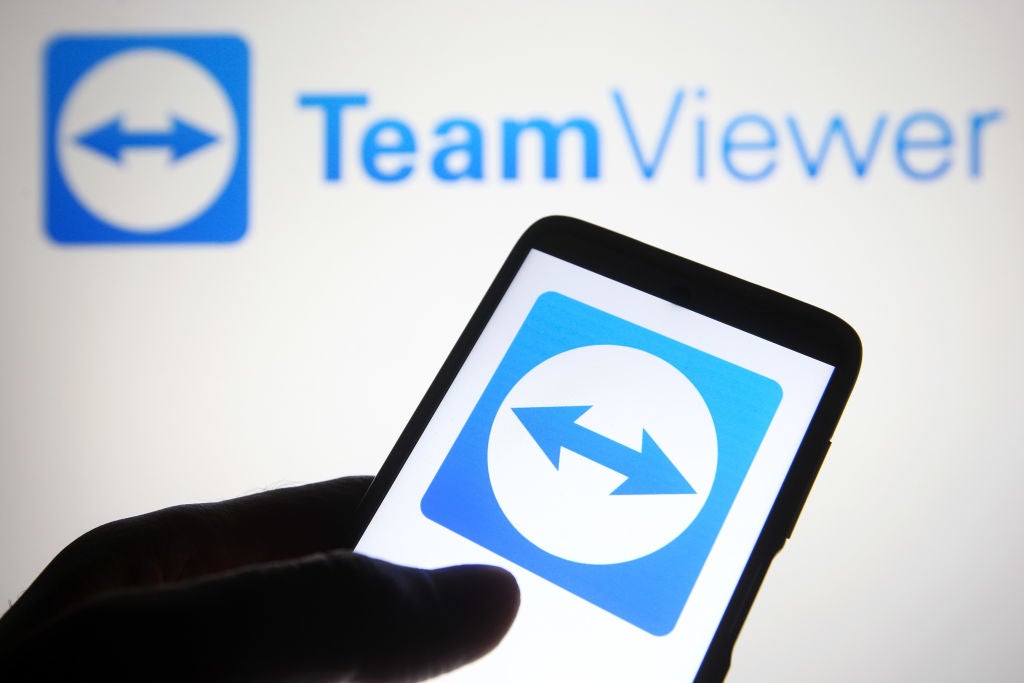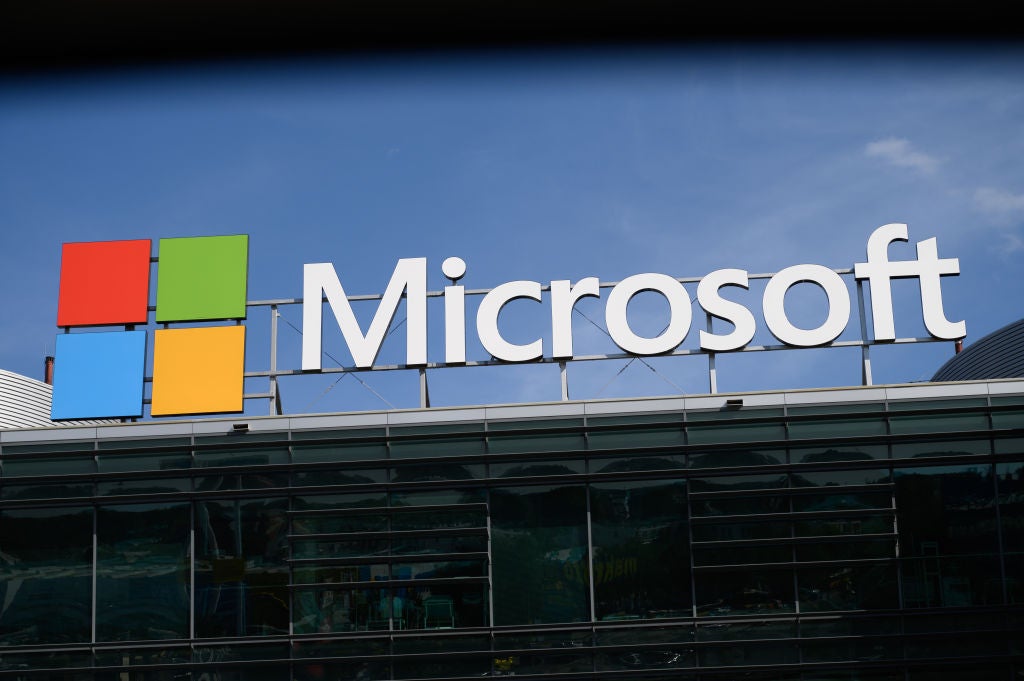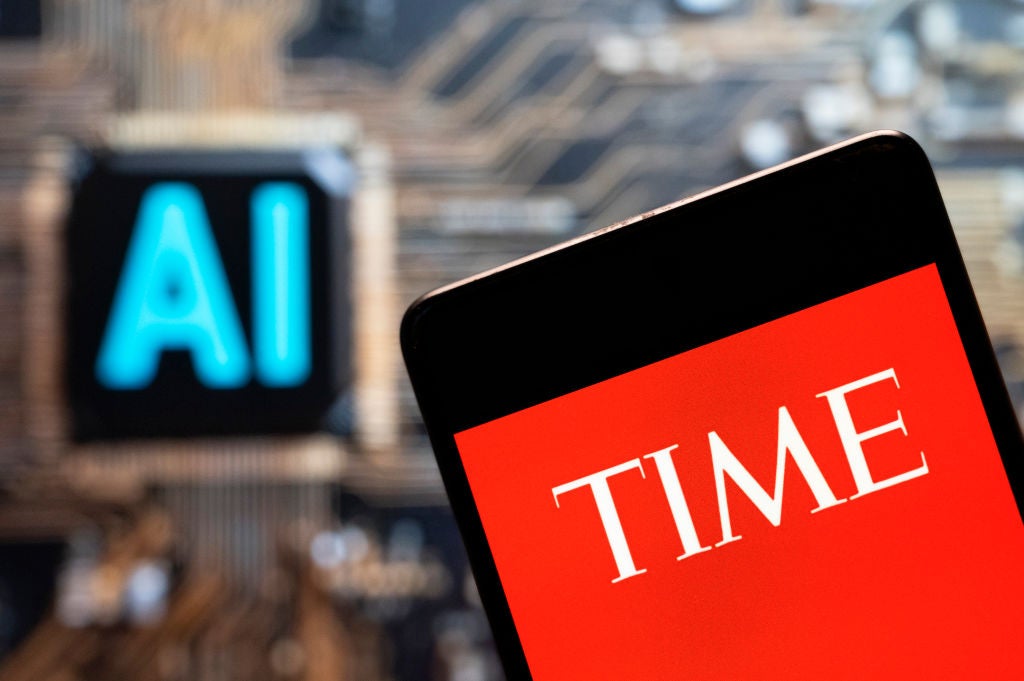After the launch of ChatGPT in late 2022, artificial intelligence (AI) left the realm of fiction and became one of the top technology themes in the world.
Its increasing popularity is also reflected in the forecasts. GlobalData estimates that the AI market will surpass $1,000bn by 2030, increasing with a compound annual growth rate of 39% between 2023 and 2030.
Despite the surge of interest, AI’s generative capabilities and its drastic pace of progress have raised considerable issues. This is especially true for the film industry, and stories about AI use in filmmaking have repeatedly made headlines. One such incident occurred in June.
A ChatGPT-written movie gets cancelled
The BBC reported that the Prince Charles Cinema in London had been scheduled to host the private screening of The Last Screenwriter, a movie completely written using ChatGPT. However, after receiving negative reactions, the cinema decided to call off the event. The main reason behind these reactions was people’s worries regarding AI replacing a human writer.
The cinema claimed that this was an experiment by filmmakers who wanted to highlight AI’s negative impact on creative jobs, and producers claimed that by using AI as the sole screenwriter they wanted to see whether AI could author a decent film.
This incident will not be the last issue we will hear about AI’s use in filmmaking. And it raises the question of what extent, if any, AI should be used in filmmaking.
How well do you really know your competitors?
Access the most comprehensive Company Profiles on the market, powered by GlobalData. Save hours of research. Gain competitive edge.

Thank you!
Your download email will arrive shortly
Not ready to buy yet? Download a free sample
We are confident about the unique quality of our Company Profiles. However, we want you to make the most beneficial decision for your business, so we offer a free sample that you can download by submitting the below form
By GlobalDataAI and Hollywood
Generative AI and Hollywood have had a rocky relationship. The threat generative AI poses to creative jobs is regarded as one of the technology’s darkest implications, and it has proven to be a topic of controversy. In 2023, actors and writers in Hollywood went on strike against studios, majorly driven by fears that AI might take over their jobs. The strikes took a while to end and hindered many ongoing and upcoming projects in Hollywood. In the end, studios agreed to new contracts that protect creatives in the industry from AI.
Despite these concerns, GlobalData argues that AI will not replace creative jobs, but instead will empower creatives in their more mundane and repetitive tasks. The technology also has considerable benefits that can make the lives of filmmakers easier. In fact, many already harness generative AI to enhance productivity and reduce costs, and generative AI can already be used to generate low-budget movies on its own today. Whether there is an audience for AI-generated content, however, remains to be seen. The controversy with the Prince Charles Cinema would suggest otherwise.
Generative AI use in filmmaking will continue to increase
Considering AI’s benefits and the recent surge of interest in generative AI, a further increase in its use seems inevitable in Hollywood. GlobalData suggests that in 10 to 30 years, generative AI will be able to replace specific teams and roles. In 35 to 100 years, it will be advanced enough for broad role replacement and to fully automate content creation and create multilingual content and blockbuster films. This suggests that generative AI’s capabilities will increase, which will further lift its popularity and importance.
Seeing the trend, tech companies are also investing in generative AI tools like ChatGPT. A generative AI tool used in filming is Seyhan Lee’s Cueberic. Another recently announced generative AI tool is Gemini, Google’s AI-powered chatbot. Such tools and other developments will only make generative AI use more common and accessible in Hollywood. In the end, studios must figure out how to fully benefit from AI while reassuring the public and creatives in the industry to avoid any backlash and potential bad publicity.









Related Company Profiles
Google LLC